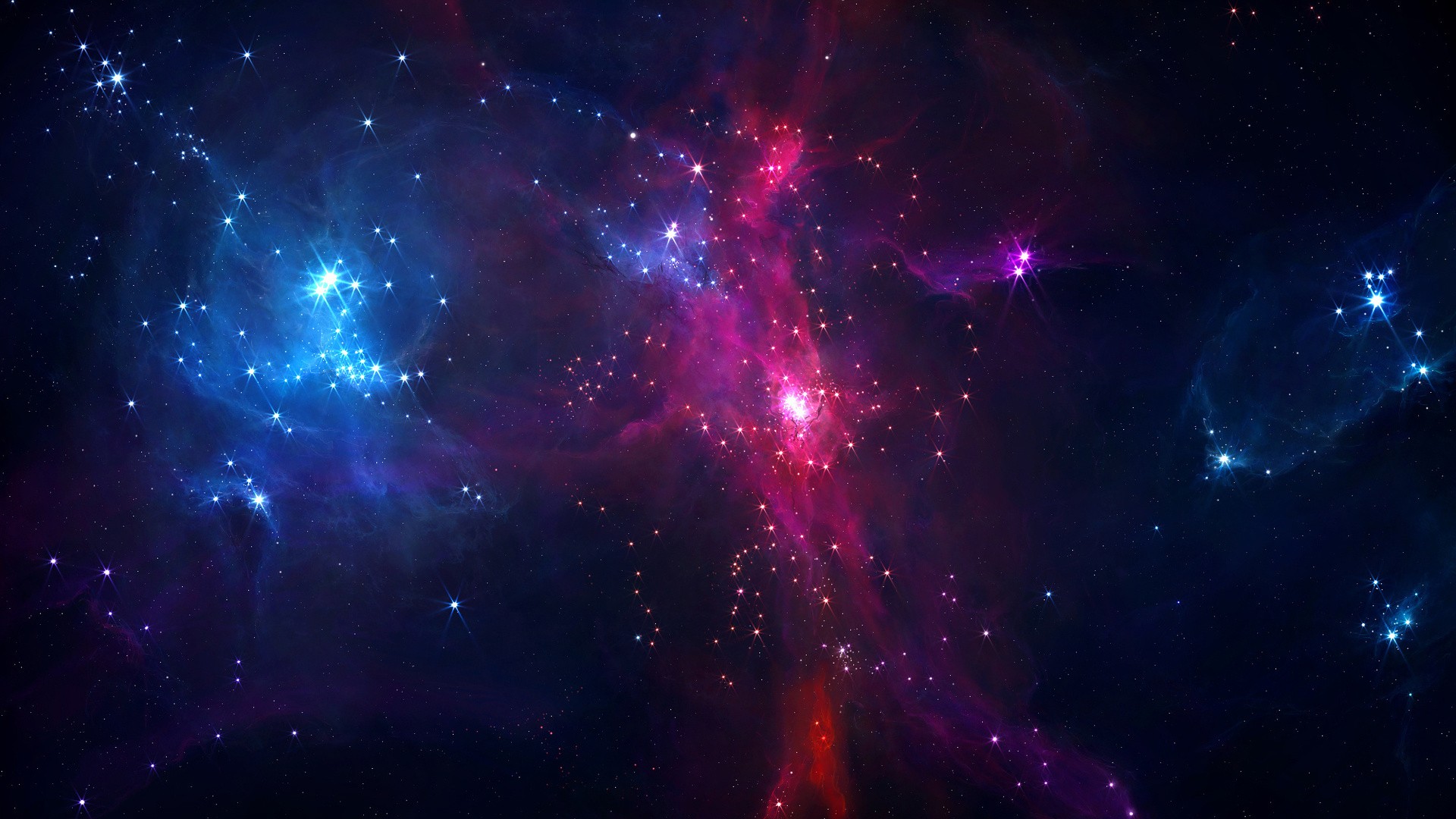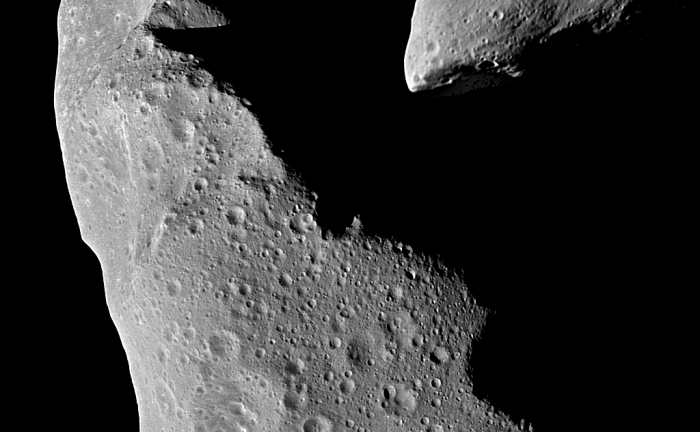
The 500-meter dish will now listen out for signs of extra-terrestrial life.

The Asian country has embarked upon a long-term plan to colonize the Moon. The Long March 7 rocket has lifted off on Saturday from the Wenchang Satellite Launch Center.

The Curiosity Rover discovered manganese oxides on the red planet. The seemingly simple find actually has mind-boggling implications: ancient Mars could have been a lot more like Earth than we thought.

The galaxy we're zooming in is LEDA 36252. It's a tadpole galaxy 82 million lightyears away that has been steadily turning out new stars at an incredible rate for billions of years.

Wageningen University scientists determined four of the crops they cultivated in Mars-like soil are in fact edible.

While orbiting the sun, NASA's STEREO-A spacecraft has taken a look back at Earth, to also find Mars and Pluto in shot.

New images confirm the presence of a dark vortex on Neptune. Though similar features were seen during the Voyager 2 flyby of NASA

Astronomers working with the European Space Agency's (ESO) Very Large Telescope (VLT) in Chile have just announced that a black hole-observing device called GRAVITY is now fully operational and it's has already provided one accurate measurement.

A modeling paper published this week in Geophysical Research Letters offers a simple but fascinating explanation: partial freezing within a subsurface, liquid water ocean.

Astronomers have presented one of the most complete models of matter in the universe and predict hundreds of massive black hole mergers each year observable with the second generation of gravitational wave detectors.

Antimatter is at the heart of one of the great mysteries in modern physics — why our universe has stuff in it.

Earth has a new dance partner, a quasi-moon named 2016 H03.

To find out what's going on around the weirdest star in the galaxy, astronomers are turning to crowdfunding.
On July 4, 2016, NASA's Juno spacecraft will plunge into uncharted territory, entering orbit around the gas giant and passing closer than any spacecraft before. Juno will see Jupiter for what it really is.

Signal was produced by two black holes colliding 1.4 billion light years away.